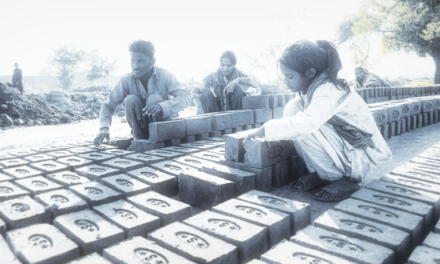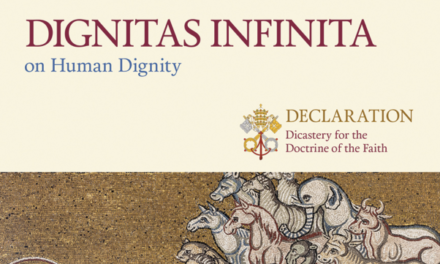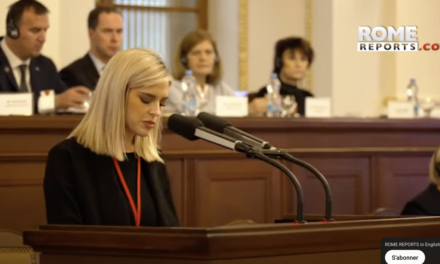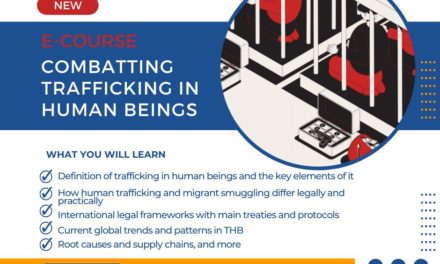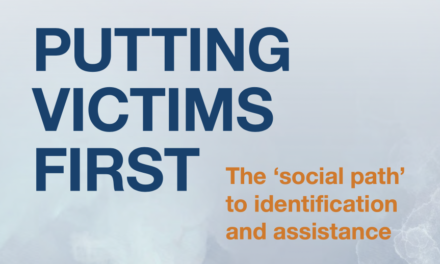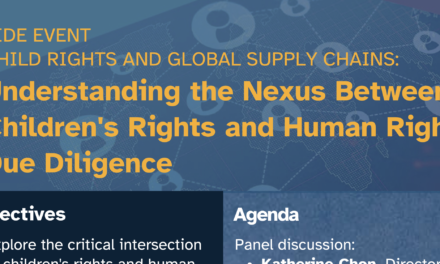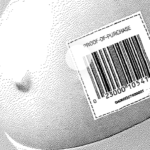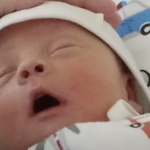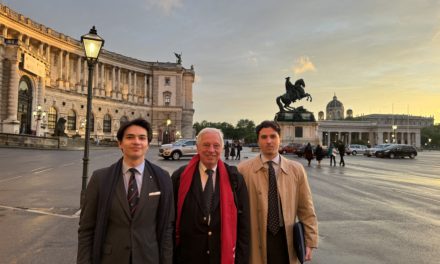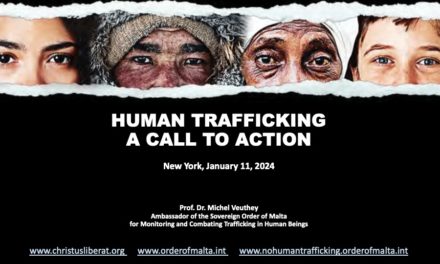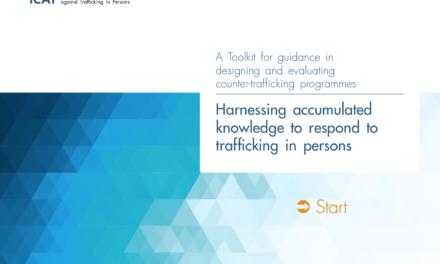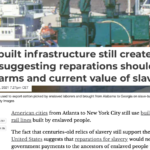
11.- Don de gametes / Donation of gametes — CHURCH OF FRANCE / États généraux de la bioéthique- Which world do we want for tomorrow? The brave new world…
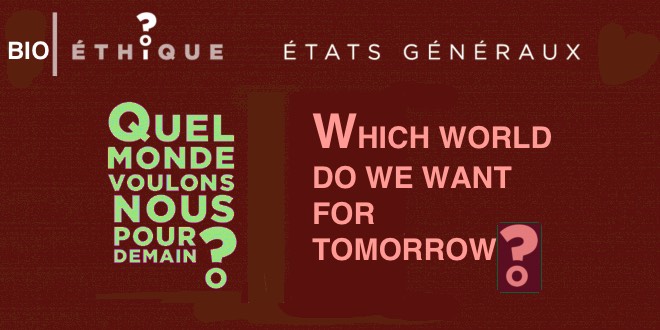
State of play
The “donation of gametes” is the contribution made to a couple by a third of its own gametes so that, thanks to these donated gametes, a child is conceived for this couple[1]. This contribution, regulated by the law of 29 July 1994, is possible for medically assisted procreation in two situations: the risk of transmission to the child or to a member of the couple of a particularly serious disease; the couple cannot provide the gametes necessary for the conception of a child. Double donation of gametes (sperm and oocyte) is prohibited: the child must be biologically linked to at least one member of the couple.
From the 1970s onwards, donation was considered for the purpose of carrying out an MQP for the benefit of a couple, without taking its consequences for the child into consideration. Only the preservation of the couple’s intimacy with their child was important, without the external father or mother breaking it off. Hence the anonymity of the gift that produces the erasure of these, which has not been discussed as such.
Because of anonymity, neither the donor, nor the recipients, nor the child knows their respective identities[2]. In case of therapeutic necessity for the child born from such a donation, the doctor may access non-identifying medical information relating to the donor[3].
The National Consultative Ethics Committee (CCNE) notes that “the long practice of CECOS as well as an older tradition concerning blood and human organ donation has led to the acceptance of the principle of anonymity”[4]. The practice for blood and organs has been applied to gametes which, however, have a specific and unique vocation: the procreation of a new human being. This essential distinction does not seem to have been fully considered, even though our law legislates gamete donation.
Stimulated by the practical possibilities of knowing the biological or genetic tracing between generations, the first donated children, now adults, put pressure to know their origin. This has called into question the principle of anonymity. However, with each legislative revision, this principle has been maintained because its lifting creates as many difficulties as it solves.
Elements of discernment
The donation of gametes carries out the conception of this child by deliberately excluding one of its parents in favour of a parent of intention, which deprives the child of a biological basis of its filiation. It denies the unity of the person in its biological, psychological, social, spiritual dimensions.
In French law, this does not seem to be a problem, so much filiation is not reduced to biological: adoption is the visible sign; but also, the “presumption of paternity” which designates the husband as father and the recognition by a man of a child as his own is not verified. Yet this link is not indifferent. Three situations, among others, show this:
If parentage is established without verification, it is presumed to correspond to biological reality. If this is not the case, it can be challenged in court and destroyed: when two men claim paternity of the same child, the judge decides in favour of the biological father.
The importance of the biological link in parentage is revealed by the legally reparable harm resulting from the accidental exchange of children at birth: this harm is obvious: it is not indifferent to being the product of one or another.
In medically assisted procreation, harm is recognized to couples who suffer a hospital error in the use of gametes or the allocation of embryos. If it is true that the genetic link may appear secondary, even indifferent, in matters of parentage, why do these couples claim harm? The Agence de la biomédecine notes that, in almost all cases, these couples prefer abortion.
Faced with these questions, CCNE considers that “ethical reflection must examine the meaning of human generation, in particular with the help of the human sciences”[5]. To do this, two aspects must be considered: on the one hand, secrecy and, on the other hand, the origin itself.
For secrecy, ethical reflection is tough. It would be an “injustice” (CCNE) to hide a child’s mode of conception from them. To reveal it to him is to try to give meaning to his begetting and run the risk of seeing him run up against the anonymity which prevents him from knowing his biological origin.
For begetting, it is useful to think from the right of the child[6], from heterosexuality where the complementarity of the masculine and feminine is played out, from the symbolic value of the generations, and from the unity of the person where biological, physical, psyche, social, cultural and spiritual are unified.
Lifting of anonymity. Some believe that compensating for the removal of the biological link by lifting the donor’s anonymity. Would the identity information be sufficient? According to the law, knowledge of biological identity both for children exchanged at birth and for couples in MPA processes undergoing gamete error, does not erase the harm suffered.
In the end, gamete donation raises a simple question: is it important, or not, to be biologically derived from someone? The law expresses an unease when it prohibits the double donation of gametes: if the biological link is important, how can the child be deprived of it, if only in a branch? If it’s not, why demand it in one of the branches?
CCNE notes that “the conquest of genealogical traces by a growing number of our contemporaries shows enough that this need to become affiliated with an ancestry is far from having disappeared with time. By making us exist as a link in a family chain, the family tree moderates the irrationality of our presence in the world”[7].
These few examples show that the biological reference is important. This is all the more true since the protests of the first generation from donations no longer allow us to act as if gamete donation had no consequences for the child. Moreover, computer tools now allow her to find her anonymous sire.
The rights of the child. From the legal point of view, the use of gametes outside the couple does not seem compatible with respect for the rights of the child. Indeed, article 7–1 of the International Convention on the Rights of the Child, ratified by France, establishes “the right of every child, as far as possible, to know his or her parents and to be brought up by them”. However, the organization of gamete donation by law currently prevents children from knowing their biological father or mother.
Neither full adoption nor childbirth under X makes it possible to put into perspective the exclusion of one of the child’s parents by donating gametes. Indeed, the possibility offered to a woman to give birth in secret is in the child’s interest by protecting him against the risk of infanticide or abandonment. And if full adoption is an obstacle to the child’s original filiation, it is in his interest: to give him a family when he is deprived of it by the misfortunes of life.
For gamete donation, it is the opposite: it fragments the child’s filiation by ousting one of his biological parents to satisfy the adult’s desire. This desire for a child, however legitimate, is limited by respect for the rights of the child, since “the best interests of the child must be a primary consideration”, according to the International Convention on the Rights of the Child (art. 3–1).
February 2, 2018
——————————————————————-
- Art. L. 12441 du Code de la santé publique. Voir J.-R. BINET, Le droit de la bioéthique, LGDJ, 2017, p. 246–251.
[2] Art. 16–8 du Code civil repris à l’article L.1211–5 du Code de la santé publique : « Le donneur ne peut connaître l’identité du receveur, ni le receveur celle du donneur. Aucune information permettant d’identifier à la fois celui qui a fait don d’un élément ou d’un produit de son corps et celui qui l’a reçu ne peut être divulguée. »
[3] Art. L. 1244–6 du Code de la santé publique.
[4] Avis n° 90 du 24.11.2005, p. 12. Les Centres d’étude et de conservation des œufs et du sperme humains (CECOS), créés en 1973, ont mis en place la règle de l’anonymat qui, 20 ans après, a été intégrée à la loi du 29.07.1994. Le CECOS connaît l’identité du donneur et certaines de ses caractéristiques ; il s’arrange pour que l’enfant, issu du don, soit adéquat au couple receveur. Ensuite, « l’anonymisation du dossier, imposée par la loi, sera faite et va rendre « sans identité » ce qui est parfaitement identifié, faisant du donneur un distributeur transparent de « produit génétique » » (ibid., p. 13).
[5] Avis n° 90, p. 5. « La dissociation quelle qu’elle soit entre la dimension biologique et la dimension sociale de la filiation n’est jamais anodine. […] Le bien de l’enfant est pour le moins bousculé par ces dissociations où la priorité semble être donnée à la notion de « projet parental » qui confisque à son seul profit le statut de l’enfant. » (ibid., p. 23 et 26).
[6] Cf. Congrégation pour la doctrine de la foi, Instruction Donum vitae, 22.02.1987, note 32 : « Il est légitime d’affirmer le droit de l’enfant à avoir une origine pleinement humaine grâce à une conception conforme à la nature personnelle de l’être humain. La vie est un don qui doit être accordé d’une manière digne aussi bien du sujet qui la reçoit que des sujets qui la transmettent. »
[7] Avis n° 90, p. 6. L’ultime conclusion du CCNE semble faire fi des objections éthiques qu’il met pourtant en lumière.

